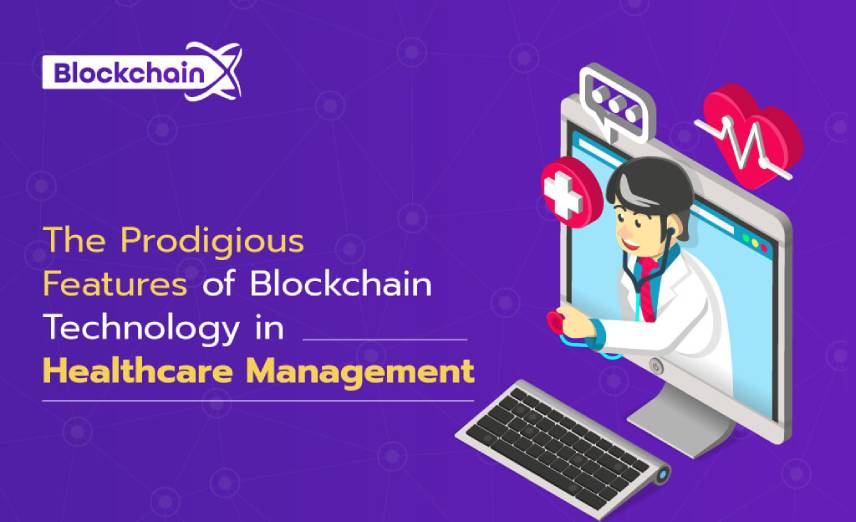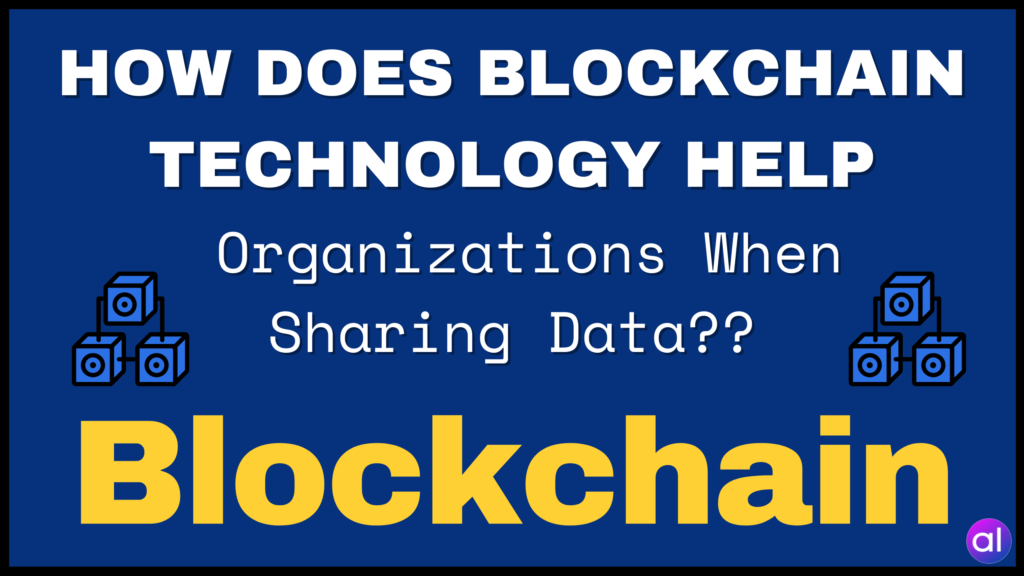
Blockchain technology is revolutionizing various sectors, including healthcare, by providing innovative solutions. In the healthcare system, Blockchain networks are used to securely store and exchange patient medical records.
As healthcare data becomes increasingly digitized, Blockchain technology plays a crucial role in transforming healthcare, ensuring patient-centric care, enhancing security, privacy, and interoperability of healthcare information.
By decentralizing data protection and ensuring a high level of security, Blockchain technology addresses concerns about data manipulation in healthcare. It offers expertise, interoperability, accountability, and authentication for data access, ensuring the security and confidentiality of health records.
Understanding Healthcare Data Management & its Challenges
Healthcare data management (HDM) involves the systematic organization of health data in digital form, covering the entire lifecycle of health data from creation to destruction. Data security is paramount in HDM to maintain strict confidentiality and integrity while ensuring access only to authorized individuals.
However, efficient healthcare data management faces challenges such as fragmented data, constant changes in stored data, and compliance with regulations, making it difficult to conduct audits and meet regulatory requirements.
Benefits of Healthcare Data Management
Healthcare data management enables comprehensive health records, better patient engagement, efficient health outcomes, effective business decision-making, and analysis of physician activities. Utilizing Blockchain technology enhances these benefits by providing secure and immutable information exchange.
Role of Blockchain in Healthcare
Blockchain technology offers significant transformations in healthcare, facilitating patient-centered services and appropriate healthcare resource allocation. It streamlines health information exchange, reducing industry costs and enhancing security, data transfer, interoperability, and real-time access.
Features of Blockchain for Healthcare
Blockchain technology safeguards healthcare data, manages genomics, electronic health records, medical records, and ensures interoperability. It tracks diseases, safeguards genomics, and prevents unauthorized manipulation of data, ensuring secure and transparent information exchange.
Enablers of Blockchain Technology
Blockchain technology enables efficient management of health professionals’ activities and services, streamlining authorization processes and avoiding waste. By securing patient data, streamlining care, breakthroughs in genomics, and ensuring drug traceability, Blockchain technology enhances decision-making and transparency in the healthcare sector.
Blockchain Application for Healthcare
Blockchain technology stores individual patient information, analyzes procedures, validates transactions, ensures data safety and transparency, maintains systematic health records, strengthens trust in clinical trials, and reduces overhead expenses, among other benefits.
Conclusion
Blockchain technology’s integration with healthcare data management offers vast opportunities for the healthcare industry. By leveraging Blockchain technology, stakeholders can connect fragmented systems, generate insights, and drive medical advances on an unprecedented scale. Embrace this transformative technology to push the boundaries of medical innovation and pave the way for a data-driven future in healthcare.



